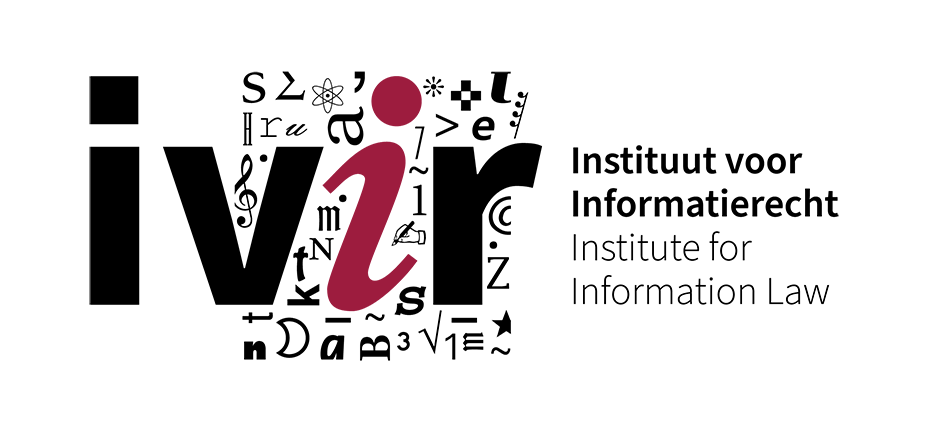We cordially invite you to attend Joe Karaganis’ (American Assembly) talk on the Open Syllabus Project.
Date: September 12, 217 (Tuesday), 1.00PM
Location: IViR Documentation Center
Universities mostly do two things: teach and research. It’s possible to understand the research process and its outcomes because it generates an extensive public record. Articles and books record the progress and diffusion of knowledge, methods, and ideas. In contrast, there are only a few ways to understand changes in the content or methods of teaching—either within individual schools or across fields.
The Open Syllabus Project is beginning to change that by collecting and analyzing course syllabi in very large numbers, drawn from universities around the world. Because syllabi are very dense records of faculty thinking about teaching and fields, their analysis opens up a wide range of inquiries and applications, ranging from intellectual history to support for open educational resources to the creation of new publication metrics. The first version of this work, the Syllabus Explorer, shows the most frequently taught texts from a collection of 1 million mostly US syllabi. The next version of the Explorer will permit deeper analysis of the curricula across 3-4 million syllabi, with much larger internationals collections and wider coverage of texts and institutions. Joe Karaganis will discuss the project and its implications for the university ecosystem (and hopefully demo the next version).
About the speaker
Joe Karaganis is vice president at The American Assembly, a public policy institute at Columbia University in New York. Karaganis directs The Open Syllabus Project—an effort to map what’s taught at universities around the world based on the datamining of millions of university syllabi. He is also the editor of Media Piracy in Emerging Economies and the forthcoming Shadow Libraries: Access to Educational Materials in the Digital Age—a multi-country study of how students get the materials they need.

